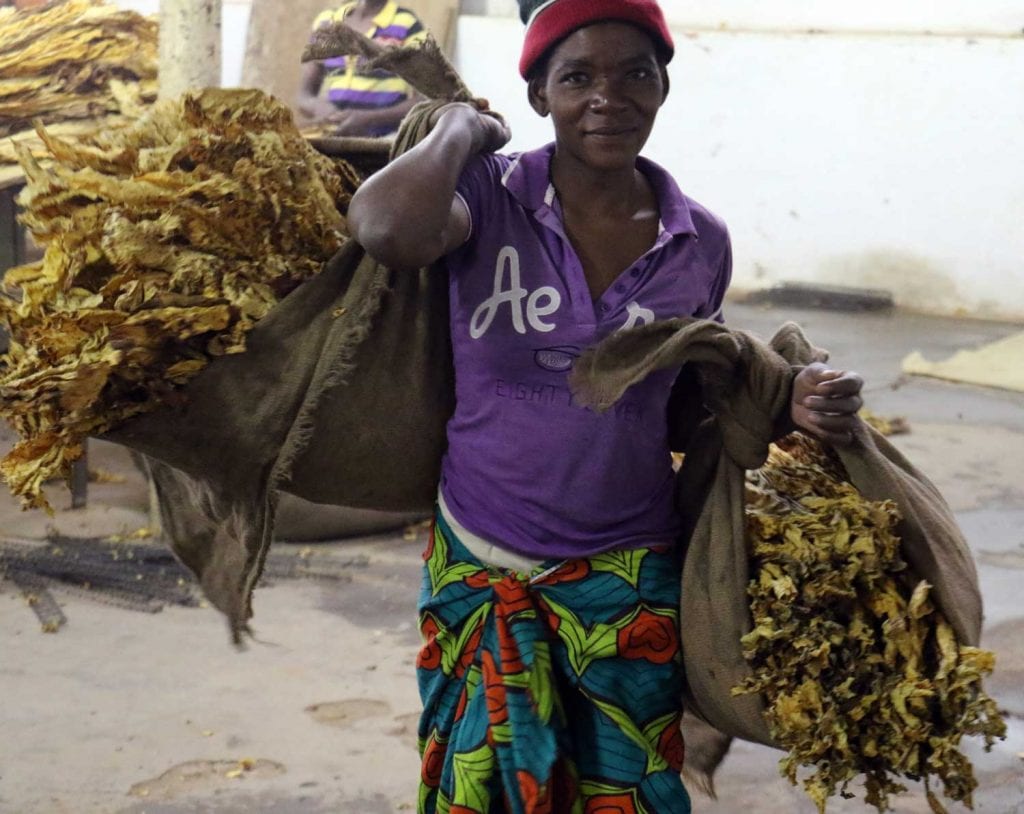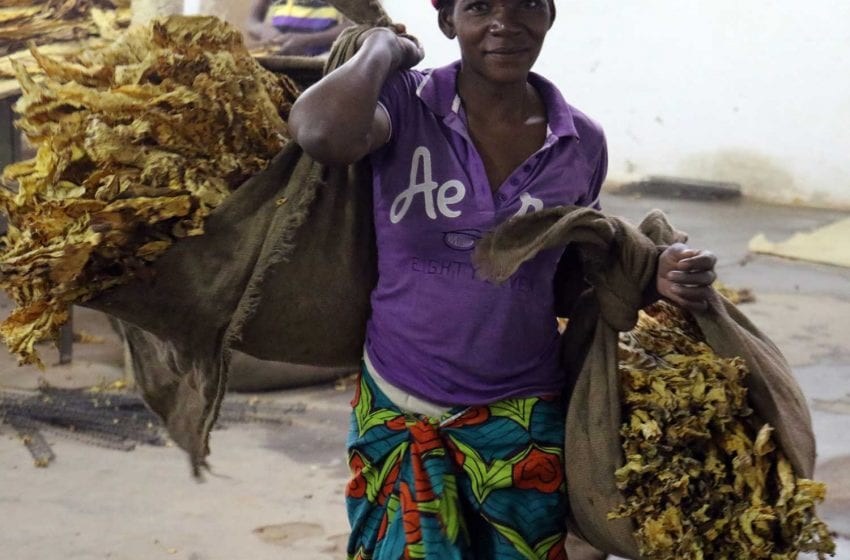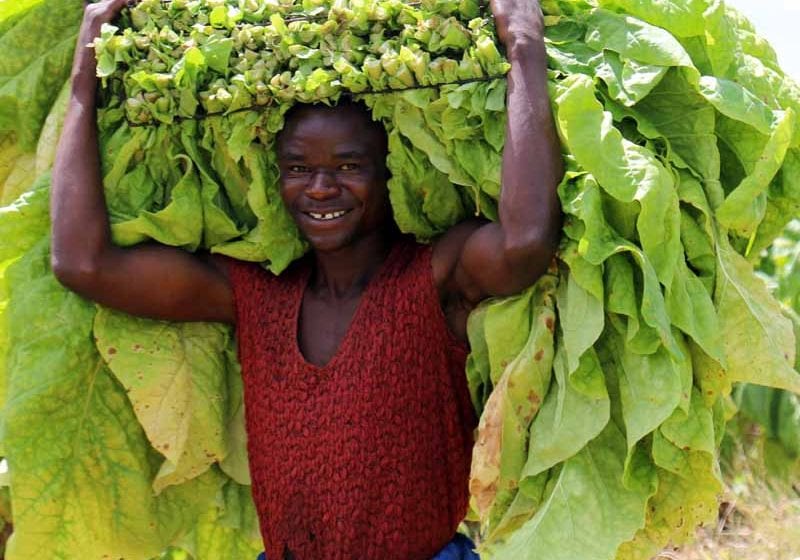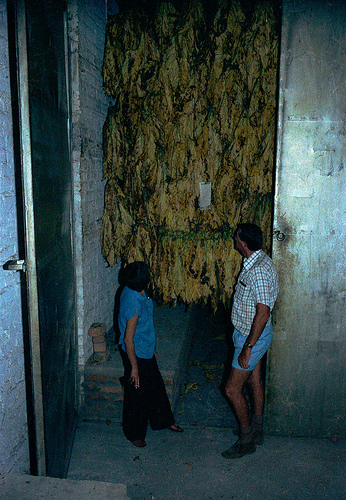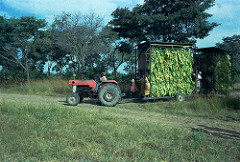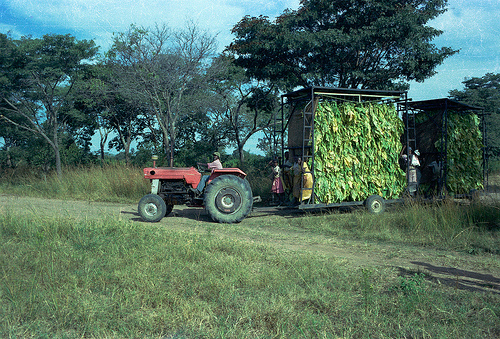The Zimbabwe Tobacco Association president Rodney Ambrose has dismissed reports that his organization has rejected the 30 percent foreign exchange retention threshold announced by the Central Bank governor John Mangudya during the presentation of his Monetary Policy Statement on Wednesday, according to a Pindula News story.
An earlier Pindula News report had indicated that the Association’s members had held a meeting on Wednesday night to map the way forward following the position taken by Mangudya.
The report further claimed that tobacco growers had threatened to withhold their crops.
Writing to Pindula News on Thursday, Ambrose said that at no time had it been indicated to any reporter that tobacco growers would withhold their crop if the 30 percent figure was not reviewed.
Also, he said, no meeting of tobacco growers had taken place yet to discuss the matter.
According an earlier story in The Standard, failure by the Reserve Bank of Zimbabwe (RBZ) to make a commitment about how tobacco growers would be paid during the forthcoming marketing season had caused uncertainty in the industry.
Industry players had argued that the recent enthusiasm among farmers for growing tobacco was likely to be reduced if payments for tobacco were made in local currency or with a foreign-currency proportion that would not cover the costs of inputs priced in foreign currency.
Stakeholders in the tobacco industry were said to have met with senior officials at the RBZ to discuss the currency concerns ahead of the presentation of the central bank’s monetary policy statement (MPS), but with no immediate success.
At that time, the Federation for Farmers’ Union president Charles Chabikwa said his personal view was that tobacco farmers wanted more than 20 percent and, if possible, 100 percent payments in foreign currency.
Last year, tobacco growers were reportedly paid 50 percent in foreign currency.
